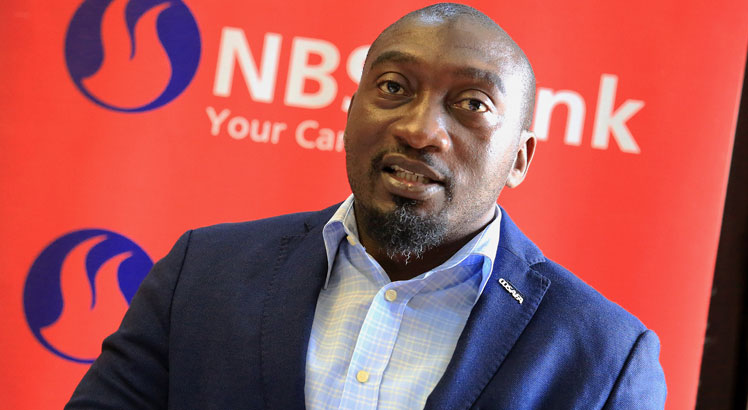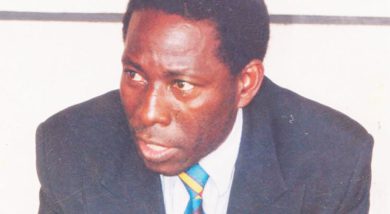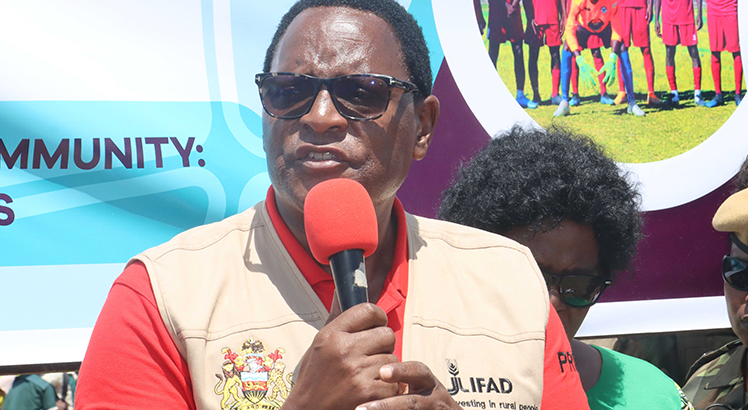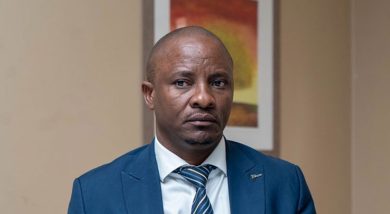Council dares Associations
Malawi National Council of Sports says each sports association will now be required to include a grassroots/schools programme and dedicate to it at least 30 percent of annual funding to access financial support from government.
Justifying the move, Sports Council sports development manager Ruth Mzengo said they believe taking sports development to schools could be the best way to improve sports standards in the country as this is the trend in most countries that are advanced performance-wise.

She said it will be mandatory for associations to first impress Sports Council with their annual grassroots sports development plans before they can access their annual funding starting from the 2021/2022 financial year.
Said Mzengo in an interview: “From this year onwards, we want to work with the hardworking and ambitious associations, not the empty tins that only look for funding from the government.
“We have noted with concern that some people register sports associations not for the love of sports, but as a way of getting funding for personal benefit.
“We believe sport is mostly about talent development, but this is lacking in most disciplines. We need to be serious in this aspect if we are to produce the best athletes that can do well in various international competitions.”
On the practicality of the requirement considering that associations already complain of inadequate funding, the Sports Council official said: “As a regulatory body for sports in the country, our major role is to ensure that there is progress in sports development. On behalf of the government, we also offer financial support.
“However, it is not our responsibility to provide the associations with everything; they are also required to bring something on the table.”
But Mzengo said those that will be coming up with impressive programmes will be enjoying additional financial support.
She added that associations that pay K50 000 annual membership fees to Sports Council will be the only ones whose programmes will be accepted and allocated funding.
When asked how the idea of sports development in schools will work with lack of sports infrastructure and resources in most schools, Mzengo said this would be possible if the associations work together with the Malawi Schools Sports Association (Massa), “which knows the schools sports systems better”.
She said: “We will also liaise with the Ministry of Education to see how we can go about it. However, we are still confident our plan will work as schools have a period for physical education, which can be used for sporting activities.”
Basketball Association of Malawi (Basmal) general secretary Peter Gomani yesterday said although their annual funding is already inadequate to fulfil their annual plans, they believe the Sports Council’s initiative is the way to go.
“The council wrote us a letter on this initiative and we are working towards that because it is also our wish to take basketball to schools. Of course, our funding is already not enough for our operations, but we believe the money can make great impact if we dedicate a portion towards the grassroots as we will be able to produce more athletes for our sport,” he said.
Gomani also said while they wait for government to improve sports infrastructure in schools, associations can as well do their part.
“On our part, we plan to approach the corporate world to help in renovating some existing basketball courts that are in bad shape in some schools. We should not leave this to government alone,” he said.
On his part, Massa president Blackson Malamula said his organisation is ready to work with sports associations as planned by the council.
“We cannot achieve anything if we work in isolation. Unity is important in everything and development of talent from the grassroots is very important. Together we can achieve success and make the nation proud,” he said.





